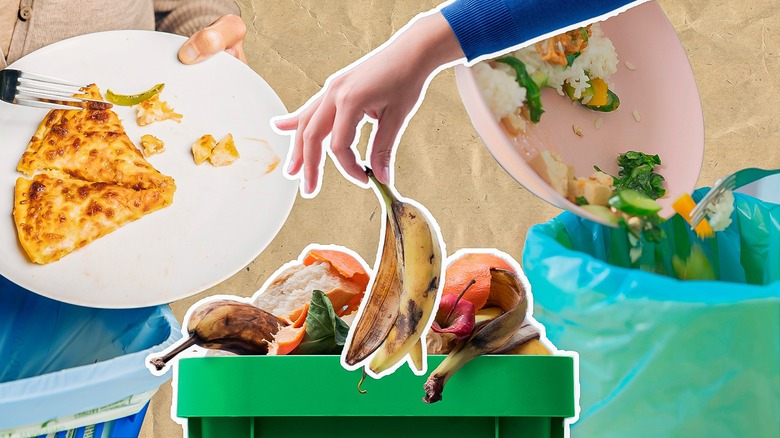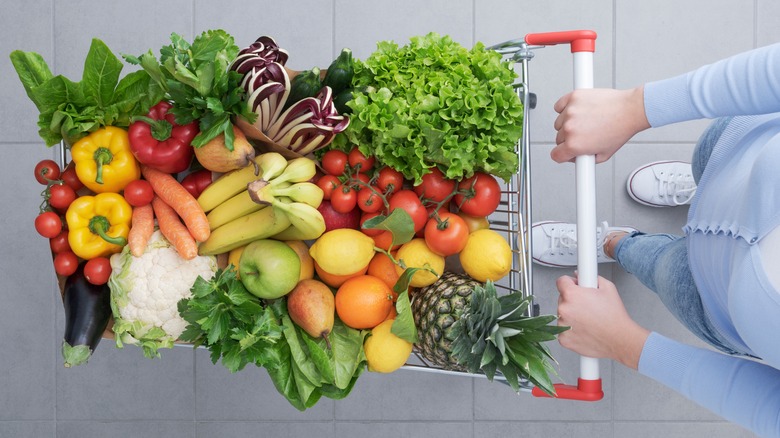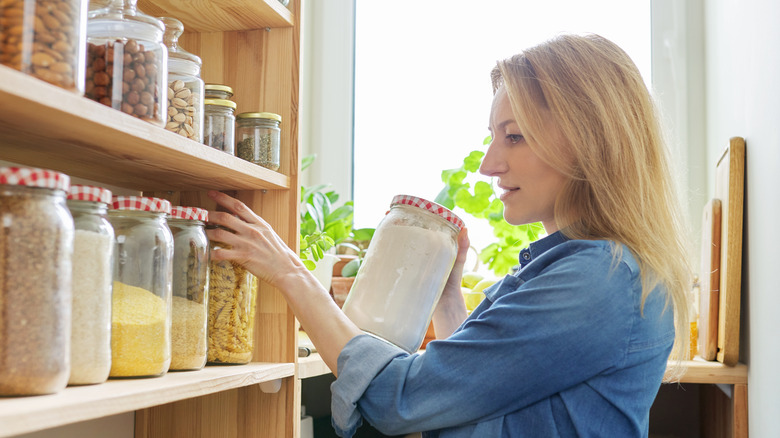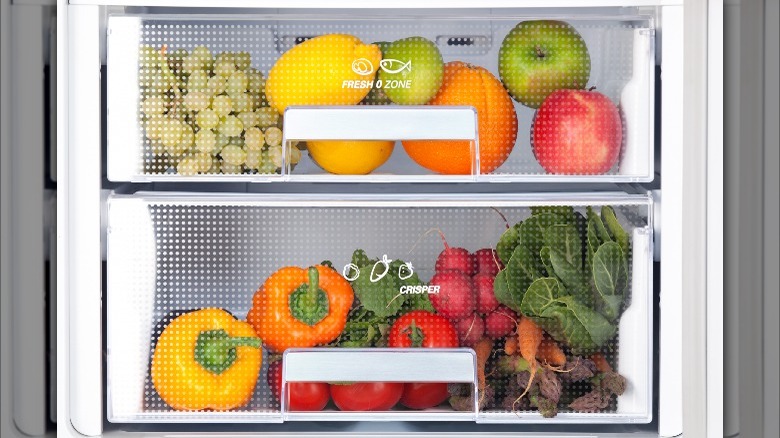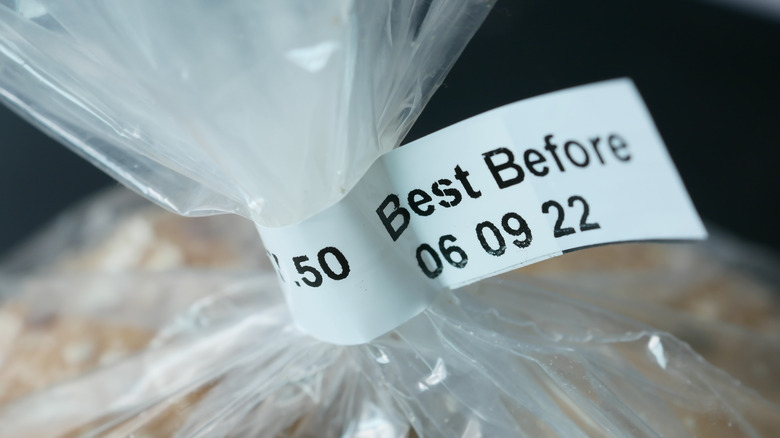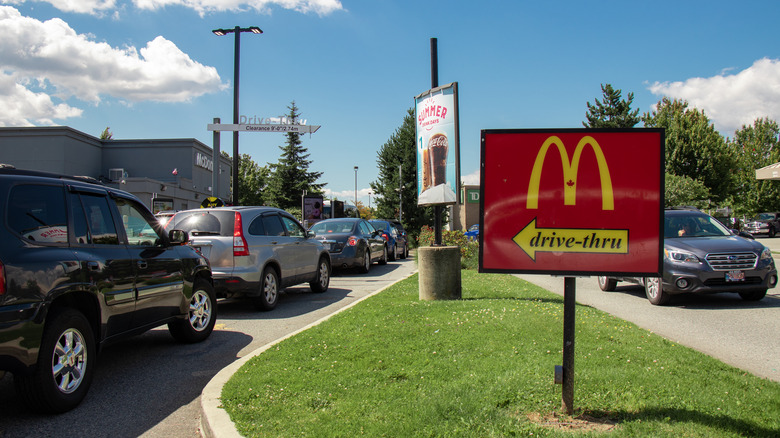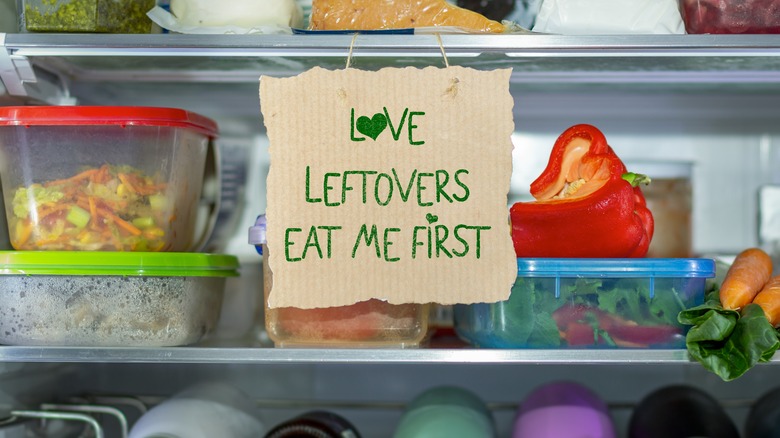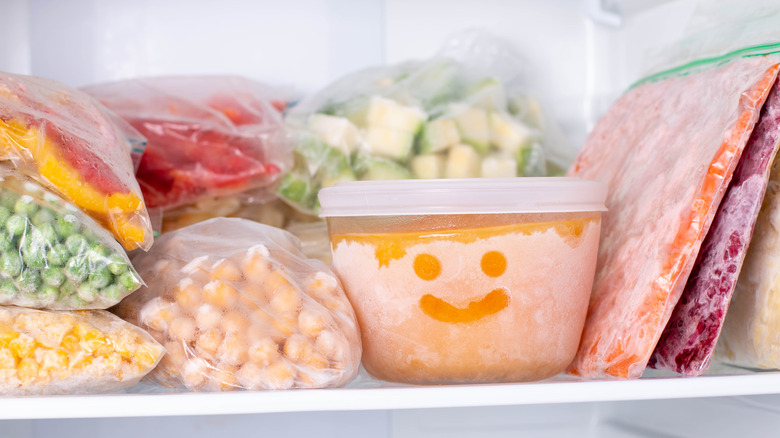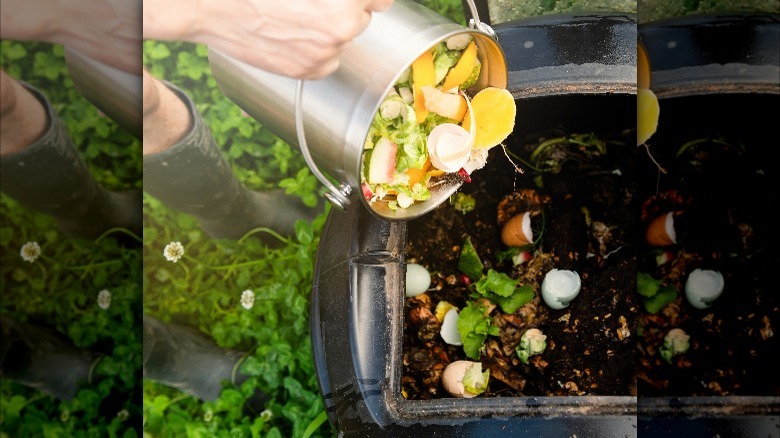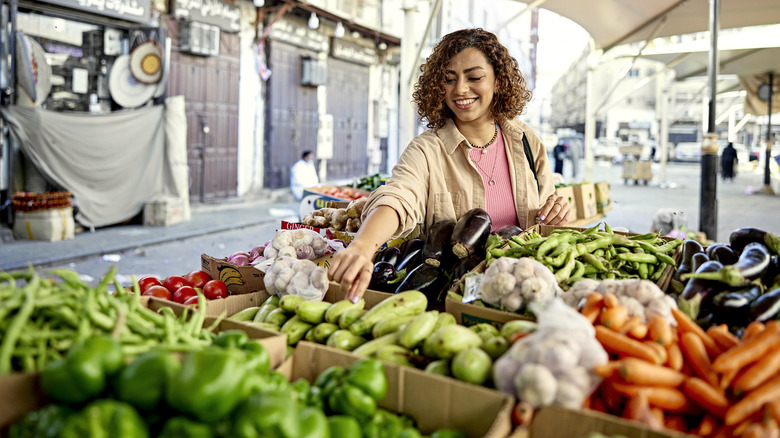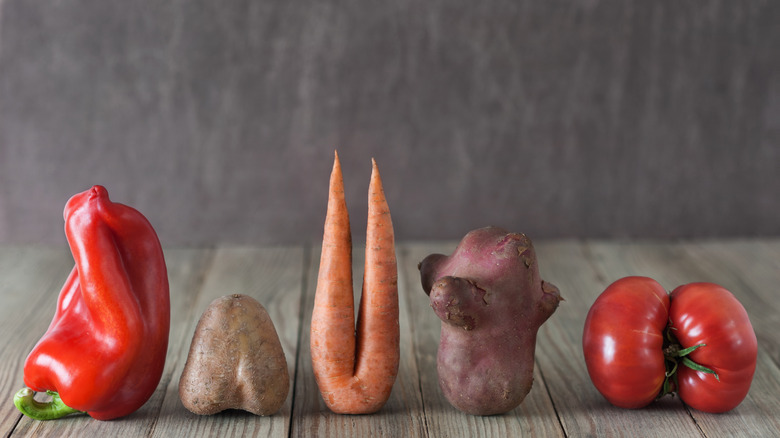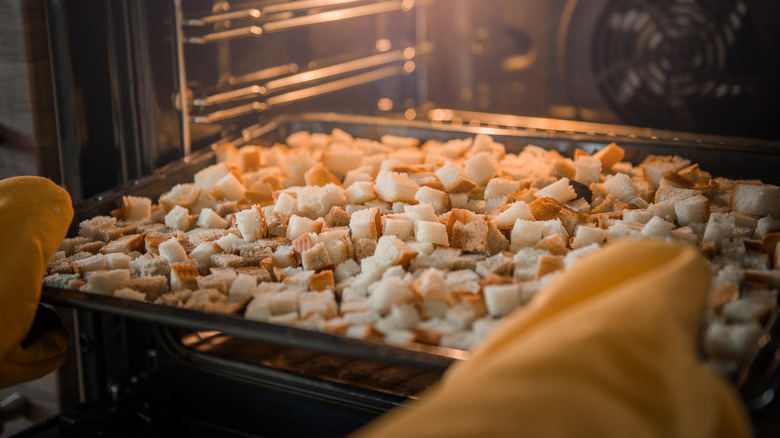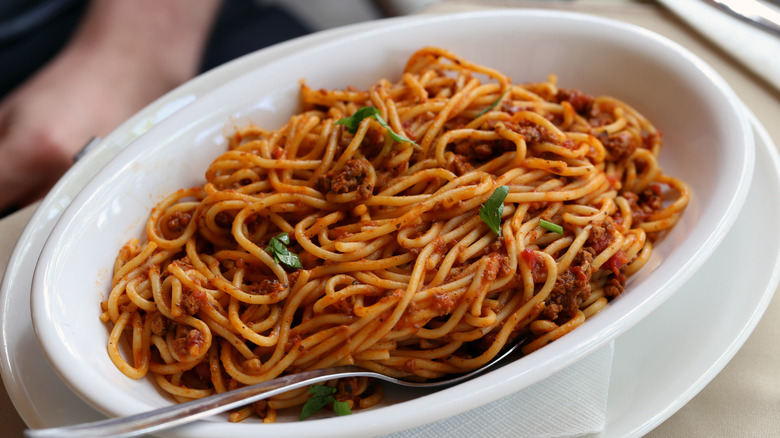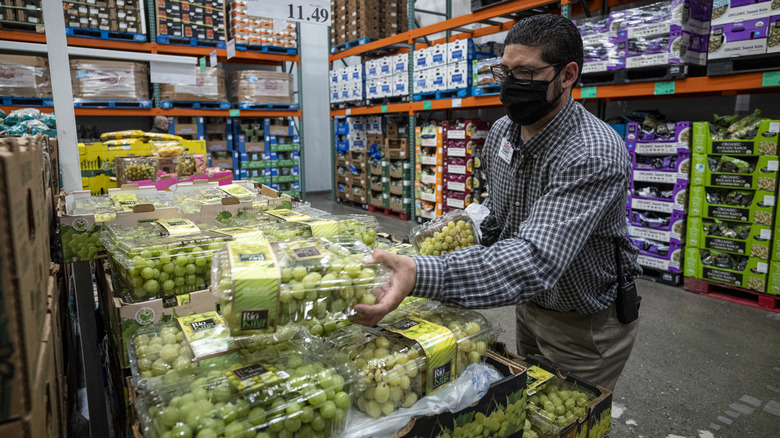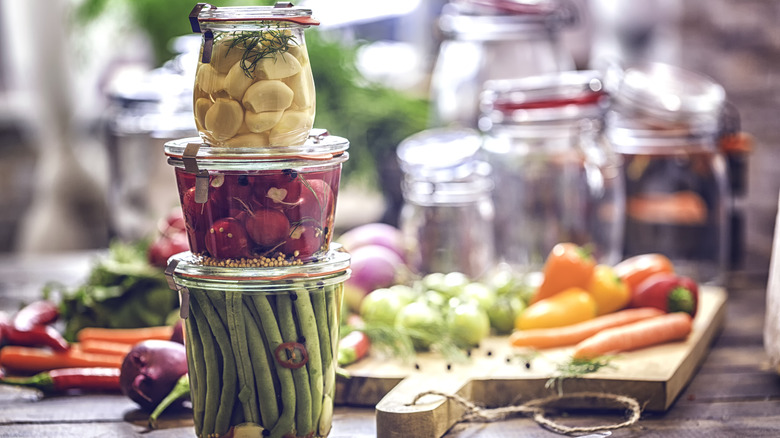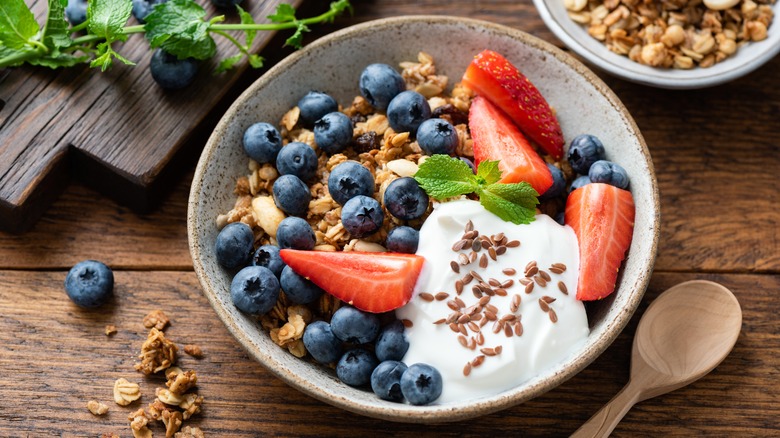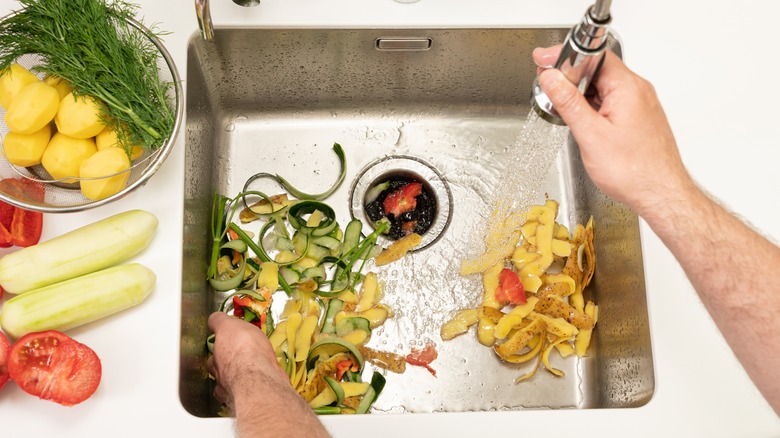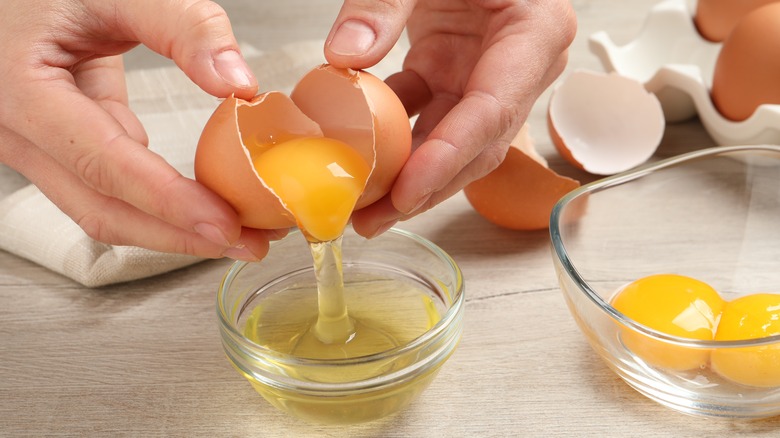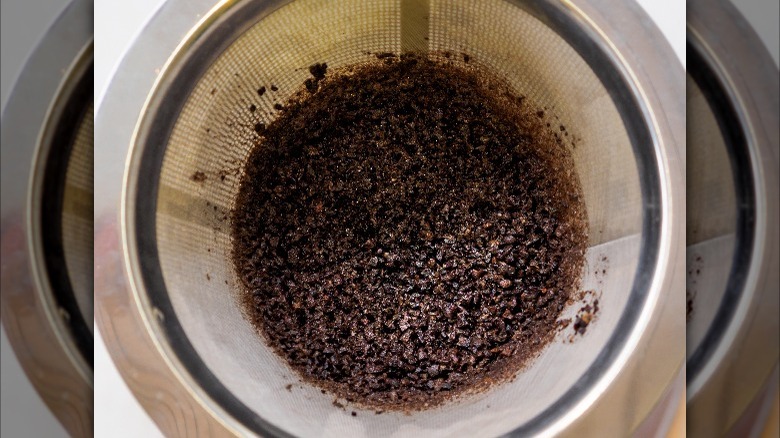20 Things You May Be Doing That Are Increasing Food Waste
According to Feeding America, over 100 billion pounds of food is wasted every year in the United States. This works out to be over 40% of all the food in the country going to waste and means that Americans are throwing out the equivalent of 130 billion meals each year. Not only is this wasting food that could go to feeding our fellow Americans in need, but it is also contributing to already overflowing landfills, wasting water and energy required to grow, package, or transport food, and increasing greenhouse gasses as uneaten food sits and rots in the trash.
Clearly, food waste is a huge problem in our country. And, while no one person can solve the problem, if we all do our part, we can make a difference. There are several things that you may not even realize are increasing food waste. Making a few small changes can have a big impact and cut down your contributions to the growing problem. Plus, once you learn how to minimize the amount of food you waste, you can share your new knowledge with friends and family to have an even greater impact. Keep reading to learn about how you can make a difference.
Shopping without a plan
Do you take some time to plan out meals for the week before heading to the grocery store? If not, this is a change you'll certainly want to make to your routine. Shopping without a set plan can cause you to buy foods that you won't end up using before they go bad. When you take a few minutes to decide what you want to eat throughout the week and jot down the ingredients you'll need, you can avoid purchasing other items that just won't make it into your meals for the week. If you simply wander around the grocery store and grab anything that looks good, you could end up with way more than you'll be able to eat before the items spoil. As an added benefit, you'll also avoid wasting money.
Buying more than you can eat
Similarly, if you fill your cart with more than you'll be able to eat over the course of the week (or however long the specific items will be good for), you'll also be contributing to our food waste product. Where will the items that you don't get around to eating before they expire or start to go bad end up? In the trash can. Be realistic when choosing food at the grocery store. If you want to bring an apple with your lunch three days during the workweek, buy three loose apples instead of a 5-pound bag. If you're making a recipe that calls for sour cream, grab the smaller tub instead of the bigger one off of the shelf if you don't have any other immediate uses for it.
Not knowing what is in your pantry already
Another common mistake people make that contributes to food waste is not taking an inventory of their pantry (or refrigerator/freezer) before shopping. Have you ever bought an ingredient for a recipe you're making only to come home and realize that you already had that same item in the pantry? When this happens, you now have two of the items that you'll have to use up before they go bad. Depending on how often you make recipes that call for the item in question, you're more likely to end up with waste than if you had taken a few minutes to check in your pantry before making your shopping list.
Not storing food properly
Improper food storage can also contribute to food waste. When items aren't stored properly, they're not going to last as long. This can cause them to go bad before you have a chance to eat them, meaning that they'll end up in the trash can. If you're not certain the best way to store a particular food item, do a quick search instead of just guessing.
Here are a few general pointers related to storing produce to help you out. When storing vegetables, particularly leafy greens, broccoli, carrots, and others that are likely to wilt, keep them in the high humidity drawer inside your refrigerator. The low humidity drawer is best for most fruit varieties, along with vegetables that can rot. Avoid washing fruits and vegetables until you're ready to eat them. Washing them before storing makes it more likely for mold to grow. If you're looking to put apples, bananas, pears, or avocados away, be sure to keep them away from your other produce items. They release ethylene gas during the ripening process, which can make other fruits and vegetables ripen and spoil more quickly.
Not understanding the difference between use-by and best before
Many types of food are labeled with a date to help consumers avoid eating anything that is spoiled or unsafe. However, all of these dates do not mean the same thing, and assuming you need to throw things out as soon as they are past the printed date can cause you to waste food unnecessarily. Two of the common labels you'll see next to the date are "use by" or "best before." Foods with a "use by" label should be consumed by the printed date. After this time, they may not be safe to eat. Take note of these dates and make a plan to use up items before they will need to be gotten rid of.
However, if items have a "best before" date, you do not automatically have to throw them in the trash once the date has passed. These dates are designed to provide you with a general idea of how long the food will remain at peak freshness. If you store the items properly, you'll often find that they last well beyond the printed date on the package.
Not sticking to the meals you have planned
Meal planning is one important part of minimizing food waste. However, it will only help if you stick to the meals that you have planned. It is too easy to decide that you've had a rough day at work and want to order something in or go out to a restaurant instead of cooking what you had planned. If you do this, though, the ingredients for your planned meal could go bad before you get around to making the dish. To help with this potential problem, take a look at your calendar before planning your meals for the week. If you have a late meeting one night, plan a quick and easy dinner for that night or plan to put something in the slow cooker in the morning before you head out the door.
Letting leftovers go bad
Part of your meal planning process should involve assessing which meals will yield leftovers and deciding when you will eat those leftovers. Plan to bring them to work for lunch or to eat them a few days later for an easy dinner. Another option is to repurpose your leftovers and use them to help make a new meal. For example, if you had a rotisserie chicken one night, you can use the extra meat to make a BBQ chicken pizza, chicken tacos, chicken tetrazzini, or chicken pot pies. Leftover rice could be added to soup, used to bulk up a burrito, or turned into fried rice.
Not freezing food you won't eat before it spoils
If you have leftovers you know you won't be able to use or realize that you accidentally bought too many fruits, vegetables, or other items, you don't have to resign yourself to accept that they'll end up in the trash in the near future. Instead, you can freeze extra food so that you can use it at a later date. You can freeze a wide variety of food types, including bread, fruits, vegetables, cooked rice or pasta, herbs, cakes, cheese, and eggs. Some items might just need a little prep work before being freezer ready. For example, many vegetables should be blacked before being placed in a freezer safe bag or container.
Throwing out spoiled food instead of composting it
No one is perfect. Even with taking extra precautions to minimize food waste, you will still be left with a few spoiled items from time to time. When this happens, don't simply toss the items in the trash can. Compost them instead. You can either set up your own compost bin, look for a local compost drop off location in your community, or sign up for a home pickup service. When food is composted, rather than being dumped in a landfill, methane gas emissions are reduced. The compost can also be used to help grow crops without the need for any added chemical fertilizers. Moreover, composting spoiled food instead of throwing it out can improve contaminated or otherwise compromised soils, aiding in restoration of wetlands and various other animal habitats.
Not buying from local farms when possible
Whenever possible, buy as many of your groceries as possible from local farmers. In addition to supporting your local community, buying from farmers in your area can also help cut back on food waste. Many of the foods you find in the grocery store have traveled hundreds or even thousands of miles to get there. This depletes resources, but can also affect food quality. Items may spoil more quickly, causing them to end up in the trash either at the grocery store or at the customer's home. When more people buy local, there will be less demand placed on grocery stores to order as much food from distant places, effectively reducing food waste.
Only buying pretty foods
Have you ever picked up a squash, pear, pepper, or other produce item, only to put it down because it looks strange or ugly? If so, you may not even realize that you've been contributing to food waste. Chances are, you weren't the only customer to turn their nose up at these "ugly" fruits or vegetables, which means that they may spoil on the grocery shelves and end up in the trash can. Just because something is ugly, it doesn't mean that it is bad. Treat your produce the way you want people to treat each other: it's what's on the inside, not the outside, that counts. Professional chefs aren't scared off by a misshapen piece of produce, and you shouldn't be either.
Throwing away stale bread instead of finding another use for it
Trying to use up a loaf of bread before it goes stale can help you cut back on food waste. However, if it does turn hard and stale before you get a chance to eat it all, the loaf doesn't have to end up in the trash can. There are several ways you can put stale bread to good use and keep it out of the trash can — and none of them involve suffering through eating a sandwich made with it! A few of these uses include making croutons, breakfast casseroles, French toast, bread pudding, and stuffing.
Cooking for portion sizes that are too large
We've all become accustomed to sitting down at a restaurant and being served a huge bowl or plate with more food than we could possibly eat at one time. Not only do these larger portions in restaurants contribute to food waste, but if you've been mimicking the practice when cooking at home, you're also making the problem worse. If you make more food than those you are serving can eat, it only makes sense that more of it will end up getting wasted. Consider the age and nutritional requirements of those you're cooking for, and try to cook just enough food for one meal (or two meals if you're planning a night of leftovers).
Buying in bulk if you won't be able to use everything up
Buying bulk quantities of meat, eggs, produce, and various other goods from Costco, Sam's Club, and other warehouse clubs can be cost-effective. The unit price per item is typically significantly less than if you were to shop in the grocery store. However, you shouldn't buy items in bulk that you aren't confident that you'll be able to use up before they go bad. If you overestimate how much you need, and it ends up spoiling before you can use it, you'll just be adding more food to the trash can. Moreover, you won't end up actually saving yourself money if you end up throwing out the food instead of eating it.
Not pickling, canning, or dehydrating excess produce
Whether you have your own summer garden bursting at the seams with zucchini or got a lot more than you expected at the farmers market or grocery store this week, you may have an abundance of produce that you know you're not going to be able to eat. Learning how to preserve food — through canning, pickling, freezing, drying, curing, or fermenting — can help you significantly cut back on how much food gets wasted. When you preserve your items, they'll stay out of the trash can while also saving you money in the future. You can shop from your pantry or freezer instead of spending money at the grocery store.
Leaving perishable foods sitting out for too long
Understanding food safety is important when trying to reduce food waste. If you end up leaving food items out on the counter or outside for a picnic or barbecue, they will become unsafe to eat and should be thrown out. Perishable foods should not sit out of the refrigerator for more than 2 hours (or even less in hot temperatures). If food remains out too long, bacteria can grow and produce toxins that can cause food poisoning. Similarly, thawing raw meat on the counter is also not safe and could cause you to have to discard the meat before cooking. Parts of the meat will warm up more quickly than others, creating potentially hazardous conditions.
Peeling off skins
Peeling the skins off of fruits and vegetables is often unnecessary and is yet another thing you may be doing to contribute to food waste. In many cases, the skins can safely be consumed after washing. In fact, not only are the skins safe to eat, but they are also often one of the healthier components of a fruit or vegetable. For example, you'll get 332% more vitamin K and 115% more vitamin C when you eat a raw apple with the skin compared to one with the skin peeled off. Save yourself time prepping foods and cut back on food waste by leaving the peels on more fruits and vegetables.
Only eating egg whites
If you've been separating the egg yolk from the egg whites due to concerns about your cholesterol levels, you may have been wasting your time while also increasing food waste. According to a few studies, consuming egg yolks didn't have a significant impact on an individual's overall cholesterol levels. Skipping out on the egg yolk is also denying your body some of the beneficial nutrients in the egg, including protein, iron, and vitamin A. It may not seem like you're creating that much waste by tossing an egg yolk in the trash can, but everything adds up. Part of the reason we have the food waste problem we do is that too many people think that they can't make a difference, so why make any changes?
Throwing out coffee grounds
Before you toss your used coffee grounds in the trash, read this section closely. Like other types of inedible food, they should ideally be composted. But, if you don't have a compost bin or have access to one through your community, there are actually several ways you can put used coffee grounds to use around the house. They can be used to fertilize a garden, keep bugs away from your plants, deodorize your refrigerator, create natural cleaning scrubs, tenderize meat, cover up scratches on furniture, and more. With all of these potential uses, surely you can find a way to keep your old coffee grounds out of the trash.
Not downloading the Too Good To Go app
If you haven't heard of the Too Good To Go app, it is designed to help combat food waste from restaurants. At the end of the day, many restaurants are left with a surplus of food that they won't be able to sell to customers the following day. The app aims to connect these restaurants with individuals who would be interested in purchasing the food for a nice discount to keep it out of the trash and feed themselves and their families. When you download the app, you can view the participating restaurants in your area. Then, you can choose from various food options, choose a pickup time, and place your order. Not only will you be helping cut back on food waste, but you'll be getting a great deal on some delicious food items.
